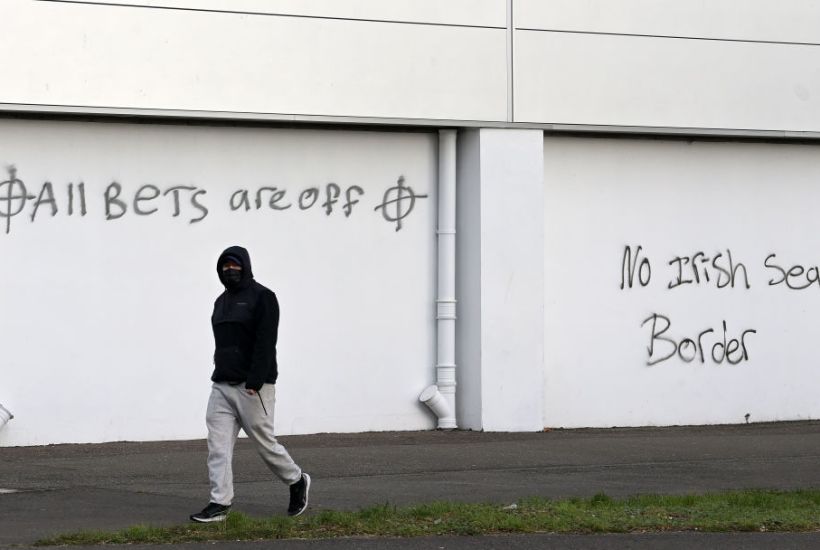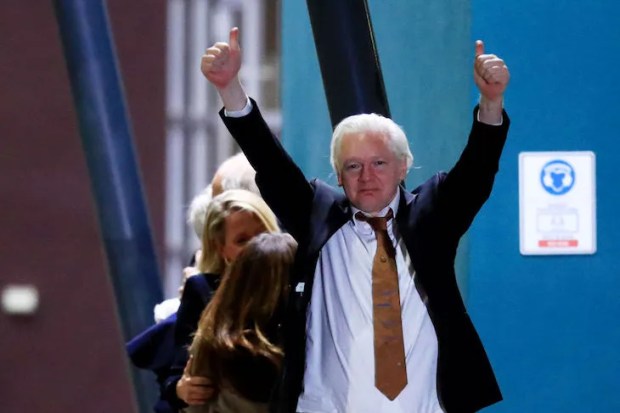What are we to make of Loyalist paramilitary groups withdrawing support for the Good Friday Agreement over the invidious trade border that now exists in the Irish sea?
The Loyalist Communities Council, a group that represents the Ulster Volunteer Force (UVF), Ulster Defence Association (UDA) and the Red Hand Commando, has written to Boris Johnson and Ireland’s Taoiseach, Micheál Martin, warning of ‘permanent destruction’ of the 1998 peace agreement unless changes are made to the Brexit agreement.
Already a subscriber? Log in
Subscribe for just $2 a week
Try a month of The Spectator Australia absolutely free and without commitment. Not only that but – if you choose to continue – you’ll pay just $2 a week for your first year.
- Unlimited access to spectator.com.au and app
- The weekly edition on the Spectator Australia app
- Spectator podcasts and newsletters
- Full access to spectator.co.uk
Or




















Comments
Don't miss out
Join the conversation with other Spectator Australia readers. Subscribe to leave a comment.
SUBSCRIBEAlready a subscriber? Log in